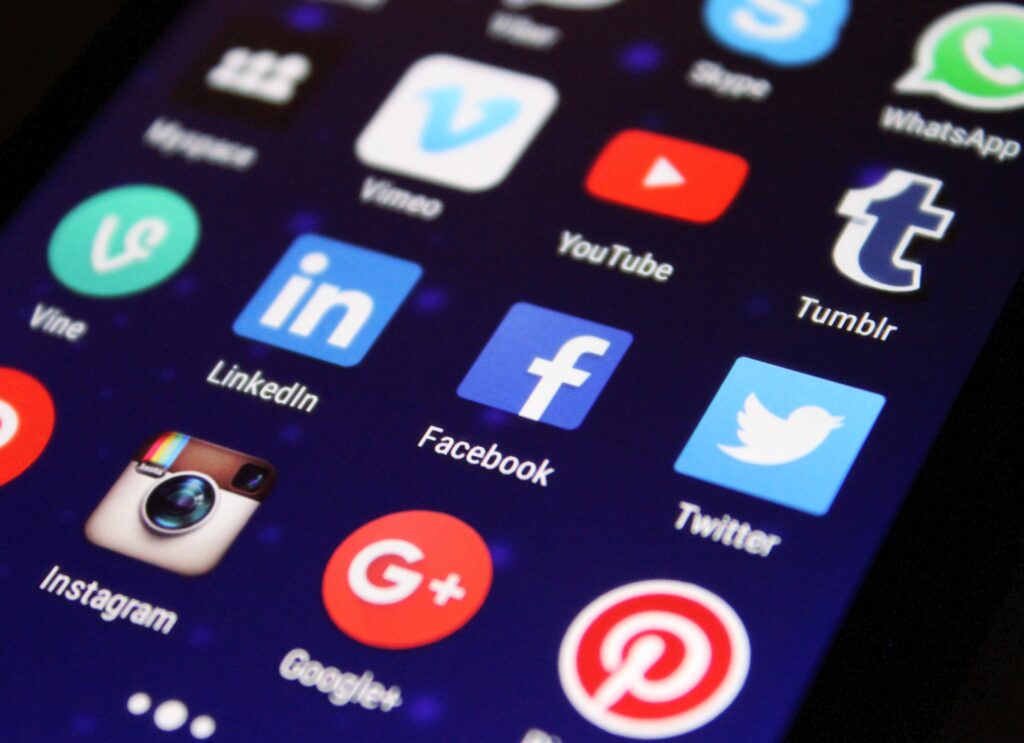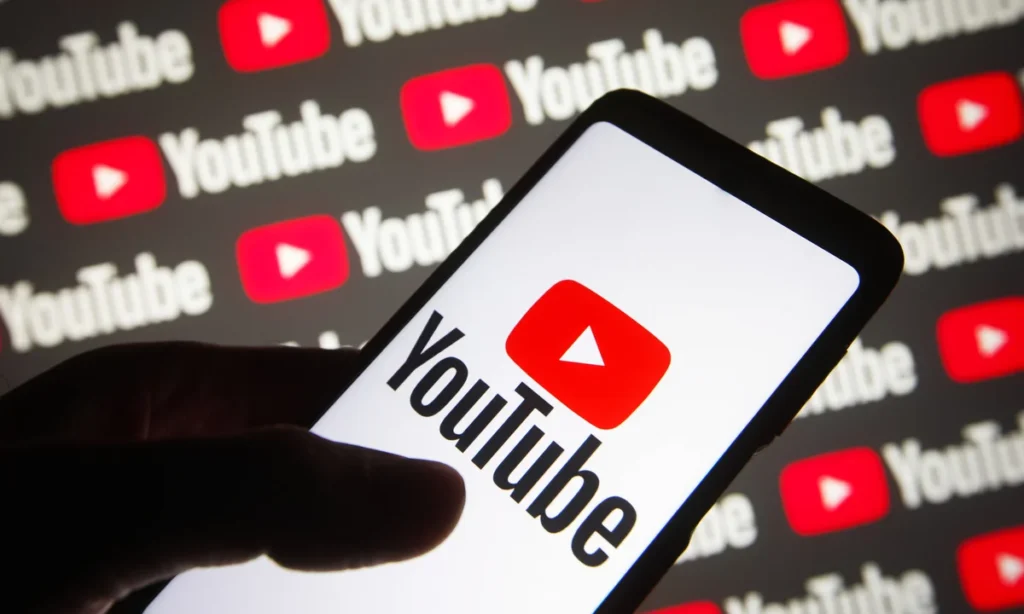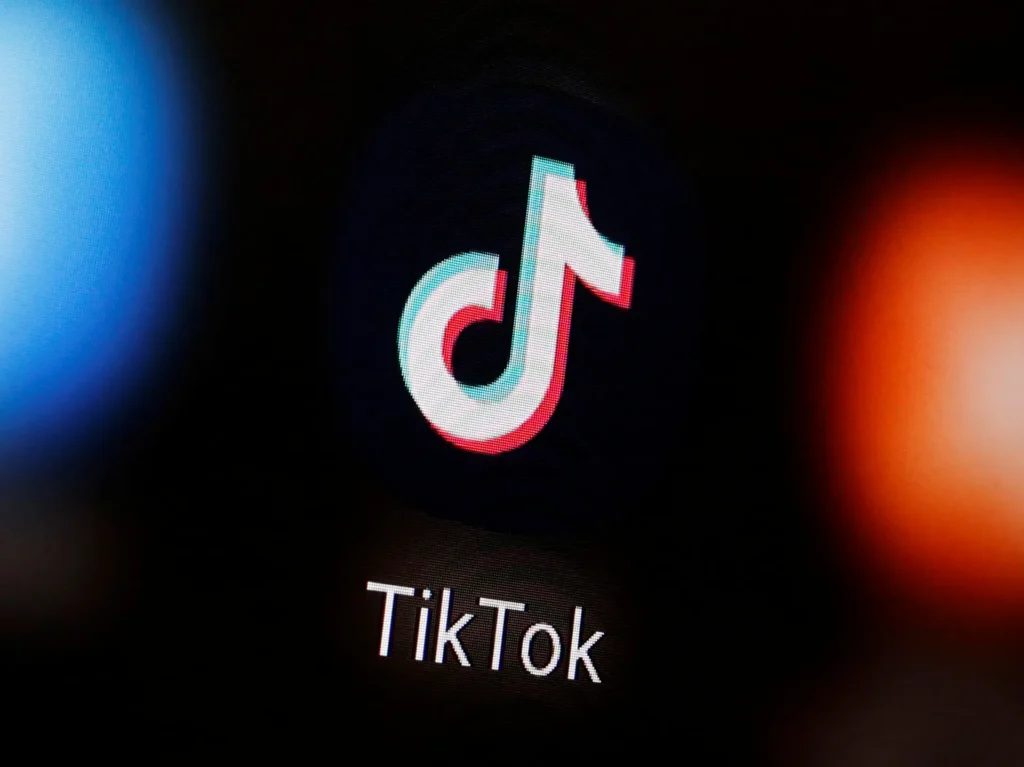Social media It’s crucial to stay informed about the changes in social media policies, as they can impact how you use these platforms for personal or business purposes. Let’s take a closer look at the recent updates and understand their implications for you.
If you’ve been following social media news, there have been some policy changes on popular platforms in response to public criticism. This has sparked discussions about the impact of social media on society. Let’s explore these recent changes and how they could affect your experience on these platforms.
1. Facebook has implemented restrictions on political ads and misinformation.
Facebook has recently put in place new limitations on political ads and misinformation in an effort to address the issue of false information and manipulation on their platform. This decision comes after facing significant backlash for their role in spreading misinformation during the 2016 US presidential election. The goal of these new restrictions is to ensure that users are receiving reliable and truthful information, while also safeguarding the integrity of the democratic process.

Facebook has implemented new measures to combat misinformation and political manipulation. These measures include stricter requirements for political advertisers to verify their identity and location, and a ban on ads containing false information. The aim is to enhance transparency and reduce the impact of misleading or divisive content on the platform.
Facebook has introduced new regulations on political advertising and misinformation in light of criticism and concerns. These regulations include more rigorous verification procedures for political advertisers and the labeling of posts that contain false information. The aim of these changes is to minimize the dissemination of false information and maintain the integrity of political discussions on the platform.
2. Twitter has banned political ads and misinformation.
Social media Twitter has made the decision to prohibit political ads and misinformation on their platform, effectively eliminating the ability for advertisers to promote political content or spread false information through paid ads. This move is intended to enhance transparency and combat the dissemination of misinformation, especially during politically significant events like elections.
Twitter’s recent decision to ban political ads and misinformation is likely to have a major impact on the 2020 election and the dissemination of false information. Given the significant role that social media plays in political messaging, this move by Twitter is aimed at addressing the spread of false information and promoting a more transparent and accurate political discourse. Social media Furthermore, it is possible that this decision will influence other social media platforms and could potentially reshape the landscape of political advertising and communication.
Twitter’s recent ban on political ads and misinformation is a notable step in the ongoing effort to curb the dissemination of false information on social media. This decision underscores the increasing worry about the effects of misinformation on democratic processes and public discussions, and it also establishes a model for other social media platforms to follow in addressing these critical concerns.
3. Instagram is cracking down on fake influencers and sponsored content.
Instagram has implemented new measures to combat fake influencers and sponsored content by implementing stricter policies and tools to identify and remove inauthentic activity. Social media The goal is to promote transparency and authenticity in the influencer marketing industry, so brands and consumers can trust the influencers they collaborate with. It’s crucial for influencers and brands to ensure their content and partnerships adhere to Instagram’s guidelines.
Instagram is working hard to get rid of fake influencers and sponsored content to maintain authenticity and trust. They are using measures to find and remove accounts that engage in fraudulent behavior, such as buying followers or engagement.Social media Additionally, they have updated their policies to ensure that sponsored content is transparent, requiring influencers to clearly label posts as advertisements. These efforts aim to create a more genuine and trustworthy experience for users and brands on the platform.

Instagram has recently taken steps to tackle the issue of fake influencers and sponsored content by introducing new measures. Users are now required to disclose when their posts are paid for by brands, and the platform is also working to identify accounts with fake followers and engagement. This is in response to the growing problem of inauthentic content and misleading advertising on the platform. Influencers and brands will need to ensure that their sponsored posts are transparent and authentic to comply with these new guidelines.
4. LinkedIn has adopted stricter guidelines for business and marketing content.
LinkedIn has implemented new, more stringent guidelines for business and marketing content. This means that businesses and marketers must exercise caution when sharing content and ensure it aligns with the platform’s updated standards. Social media The purpose of these guidelines is to promote more meaningful and professional content on LinkedIn. It is essential for businesses and marketers to familiarize themselves with these new guidelines to sustain a strong presence on the platform.
LinkedIn has updated their guidelines for business and marketing content to enhance the user experience. This includes measures to reduce clickbait headlines and poor-quality content, while also encouraging authentic and valuable interactions. Social media The goal is to elevate the professionalism and credibility of the platform, making it more beneficial for business networking and marketing efforts.
LinkedIn has implemented more stringent guidelines for business and marketing content to address spam and low-quality posts. The new guidelines prioritize professionalism and relevance, aiming to improve the user experience by promoting authentic and informative content. This shift highlights the importance of delivering genuine value and adhering to best practices in content creation on LinkedIn.
5. Snapchat is promoting transparency and accountability for advertisers.
Social media Snap chat has recently rolled out a new tool called “Snap chat Ad Manager” which gives advertisers access to in-depth data and analysis on their ad campaigns. This includes metrics on reach, engagement, and return on investment, offering a more comprehensive view of ad performance. Additionally, Snap chat has implemented updated ad policies to ensure that all ads on the platform are accurate and meet industry standards. Social media These changes are designed to foster a more trustworthy and dependable advertising environment for both advertisers and users.
Snapchat has implemented new features to give advertisers more data on how their ads are performing. This includes the ability to track how many people have swiped up on their ads and where those swipes came from. These changes are meant to help advertisers better understand the effectiveness of their campaigns and to promote transparency in advertising on the platform.

Snapchat has made a commitment to increasing transparency and accountability for advertisers using its platform. This includes providing more comprehensive information on ad performance and metrics, as well as introducing new tools to assist advertisers in monitoring the success of their campaigns. By placing a priority on transparency, Snapchat hopes to establish trust with advertisers and enable them to make well-informed decisions about their advertising strategies. This emphasis on accountability is a positive development in the effort to create a more ethical and successful advertising environment on the platform.
6. YouTube is making efforts to combat misinformation and harmful content.
Social media YouTube has implemented various measures to combat misinformation and harmful content on their platform. These include fact-checking panels, promoting authoritative sources, and removing content that violates their policies. They are also working on improving their algorithm to prioritize trustworthy and credible content. These efforts are designed to enhance user safety and reliability while using the platform.

These measures involve modifying its recommendation algorithm to reduce harmful content, collaborating with fact-checkers to confirm video accuracy, and deleting content that breaches its policies. Moreover, YouTube is striving to offer more context and reliable information alongside videos on sensitive subjects to assist viewers in making well-informed choices. These actions demonstrate YouTube’s commitment to establishing a safer and more responsible environment for its users.
YouTube has faced backlash for allowing misinformation and harmful content to proliferate on its platform. In an effort to address these concerns, the company has taken proactive measures by implementing more stringent policies and algorithms to identify and remove such content. Additionally, YouTube has partnered with fact-checking organizations and experts to verify the accuracy of videos and provide users with more reliable information. These efforts reflect YouTube’s dedication to creating a safer and more trustworthy platform for its users.
7. TikTok has increased moderation and content regulation.
TikTok has implemented new changes to their moderation and content regulation policies in order to address worries about inappropriate and harmful content on the platform. This includes utilizing advanced technology and increasing the number of human moderators to carefully review and remove any content that violates their guidelines. Additionally, they have introduced new features that allow users to report and flag inappropriate content, demonstrating their dedication to fostering a safer and more positive environment for their users.
TikTok has recently implemented stricter guidelines and increased efforts to remove or restrict content that violates their policies in order to combat misinformation, hate speech, and harmful content on its platform. These measures are aimed at creating a safer and more positive environment for users in response to growing concerns over the spread of harmful content on the app.

TikTok has just implemented new moderation and content regulation policies aimed at creating a safer and more positive environment for its users. The platform is now increasing its focus on monitoring content, particularly when it comes to hate speech, misinformation, and inappropriate behavior. These changes are designed to cultivate a more inclusive and respectful community on TikTok.
Interested in Reading My Article On:Windows computers worldwide recently experienced a major outage.



